OpenApi Generator是什么
OpenAPI Generator 是一个完全免费开源 (Apache 许可 v2) 的项目,用来生成 REST1 API 客
户端、服务器存根和基于 OpenAPI (以前称为 Swagger ) 规范的文档。如果您不熟悉
OpenAPI 规范,那么它就是描述 RESTful API 方面最流行的标准,并得到 Adobe,Atlassian
,CA Technologies,eBay,IBM,Google,Microsoft,PayPal、Salesforce,SAP,
SmartBear 等众多知名公司的支持2。有关 OpenAPI 2.0 的完整规范,请参阅 Github 中的项目页面: https://github.com/OpenAPITools/openapi-generator
介绍:
https://openapi-generator.tech/docs/generators/java/
我的理解
如果需要公开部分接口给到外部使用,那么就可以按照相关约定,直接使用swagger去生成对应的请求代码。
而对接这种有openApi方式的技术,还是很友好的。
有的公司会选择把请求代码写好,不过类似的请求代码复用是个问题,还有的使用webservice老技术。
目前我对接过的技术来说,还是openApi友好。
不过,学习成本还是挺大的,百度和谷歌通篇都在教你怎么写配置,我需要它?
需要。
但我更需要怎么openApi generator生成代码,直接请求调用。
我至少花费了一两周时间在这上面,噢!!!
生成出来的代码不是缺少ApiClient,就是缺少配置url,有的甚至只是测试代码,怎么调用都是返回Not implemented。靠!
这样的话,我还怎么玩。
折磨我好久的openApi弄出来了,我必须写下心得。
入门
我选择的是直接从pom.xml配置,当然可以下载jar来生成,但是那个的门槛也比较高。
还是maven配置简单易上手。
上手
抬手把maven配置写好,里面的配置代表什么意思,不要管,copy就能用,要什么自行车。
开个玩笑,还是要关注几个点。
inputSpec标签
对应openApi generate的swagger配置存放地址,什么这个是什么?你看下图,类似这种格式就是:
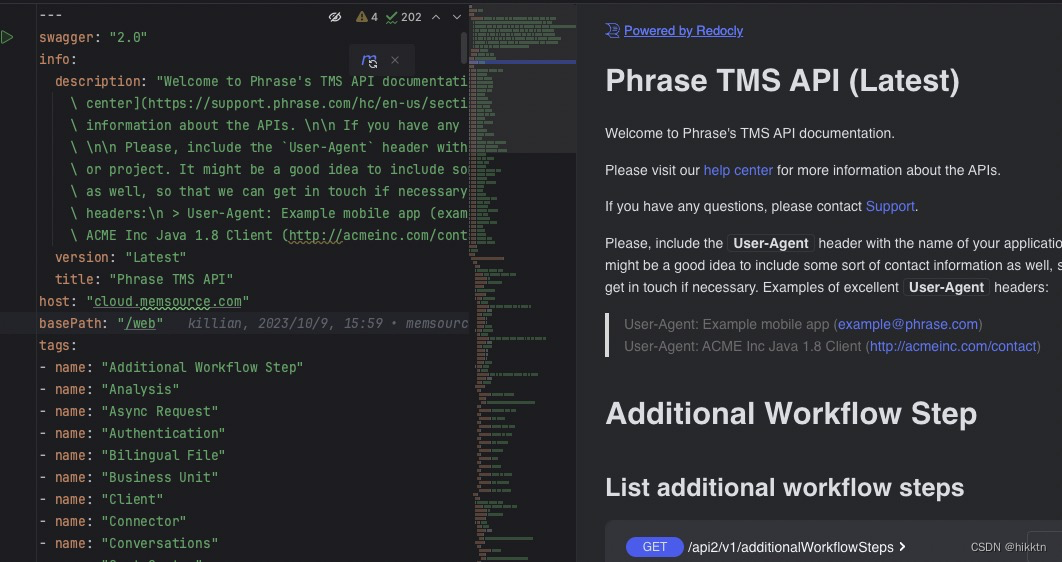
从哪里来的,那当然是从某个官网上下载的。
generatorName标签
这个嘛,就是你要生成的技术,在官网有来源,那个地方?不知道,百度的,只有这个地方有标识。凑合着用吧。
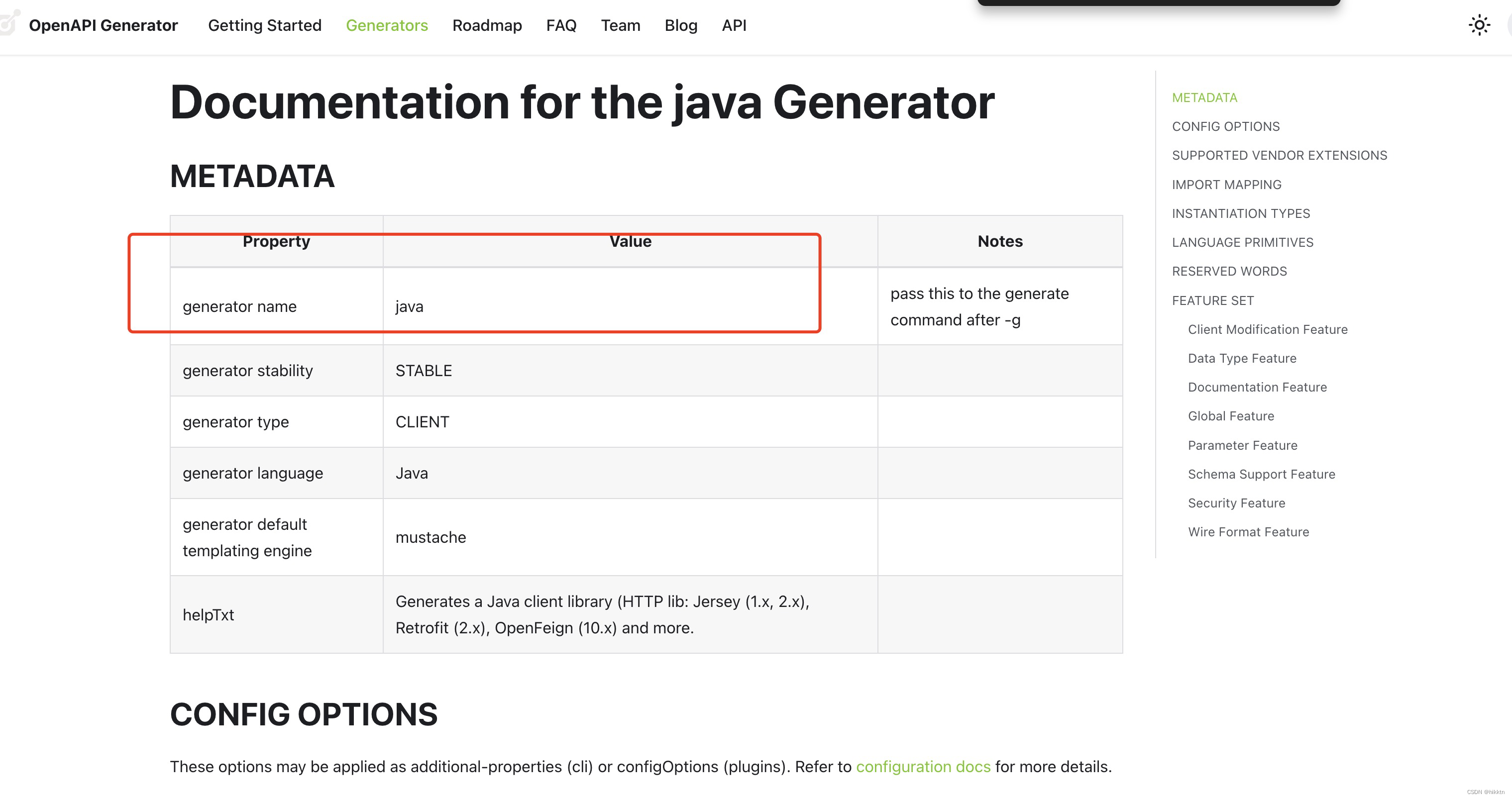
当然,你也可以在Github上看分类,怎么看?
看代码包列表
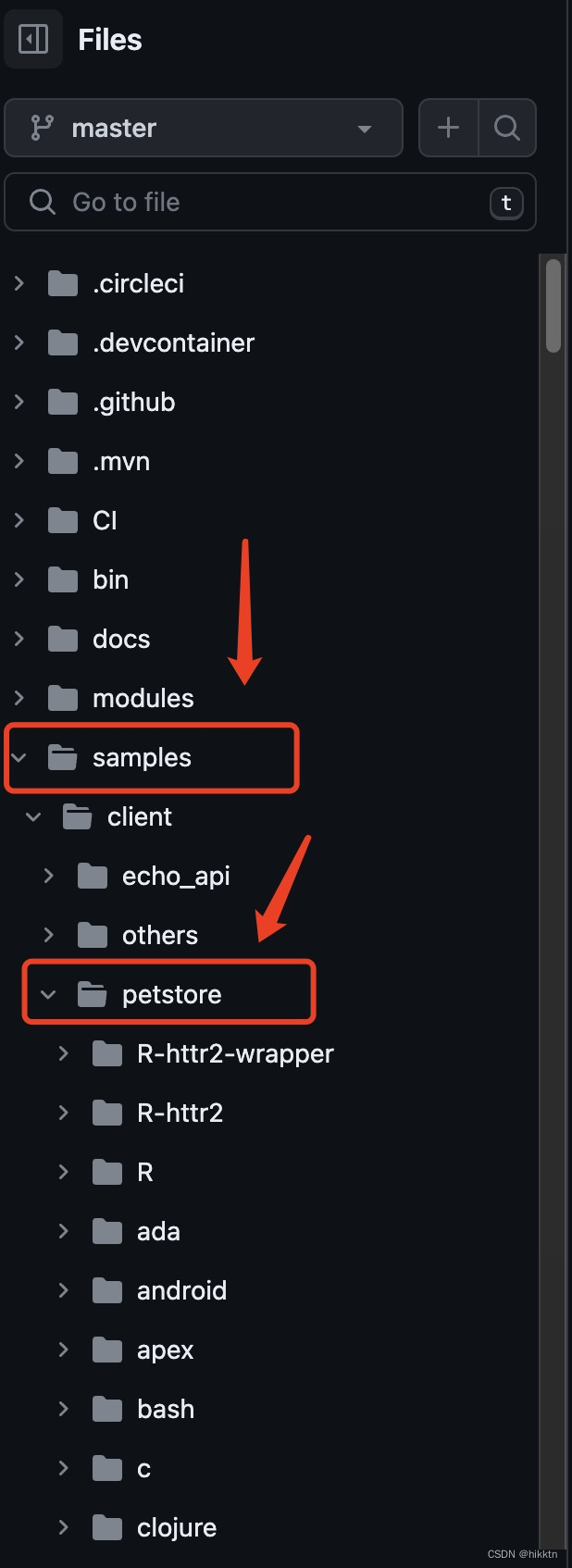
library标签
也可以从Github上看代码列表分类,也可以从官网上看,就是上上图点开的地方,右边粗体就是可选的技术。
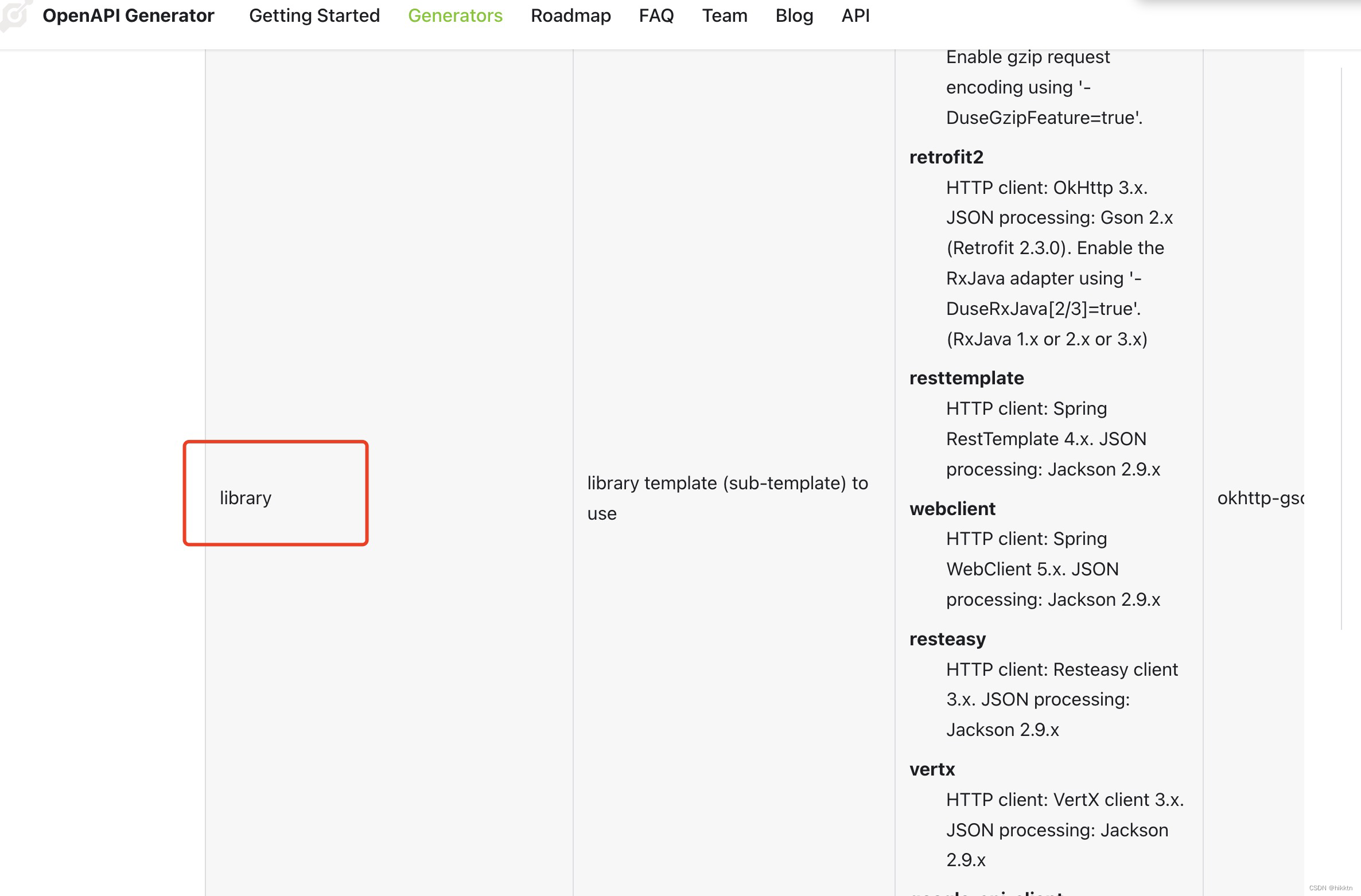
apiPackage标签和modelPackage标签
就是API代码生成地方,和model存放的位置
<build>
<plugins>
<plugin>
groupId>org.openapitools</groupId>
<artifactId>openapi-generator-maven-plugin</artifactId>
<version>6.2.1</version>
<executions>
<execution>
<id>abc-api</id>
<goals>
<goal>generate</goal>
</goals>
<configuration>
<skipValidateSpec>true</skipValidateSpec>
<inputSpec>${project.basedir}/src/main/resources/memsource-api.yml</inputSpec>
<generatorName>java</generatorName>
<library>webclient</library>
<apiPackage>com.eci.xxx.xxx.rest</apiPackage>
<modelPackage>com.eci.xxx.xxx.pojo</modelPackage>
<supportingFilesToGenerate>ApiUtil.java</supportingFilesToGenerate>
<configOptions>
<delegatePattern>true</delegatePattern>
<title>swagger</title>
<serializableModel>true</serializableModel>
<dateLibrary>legacy</dateLibrary>
</configOptions>
</configuration>
</execution>
</executions>
</plugin>
</plugins>
</build>
开干
我选用的是webclient,当然你们不嫌麻烦,可以自己试试。
引入相关依赖
<dependency>
<groupId>org.springframework.boot</groupId>
<artifactId>spring-boot-starter-webflux</artifactId>
<version>3.1.0</version>
</dependency>
接着,刷新maven。
这两个命令用一下,命令记不住靠idea来凑。
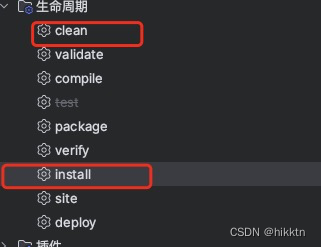
生成完后,就会在target里面有了。

重点
当你生成出来的代码,找不到ApiClient类时,卧槽,心一定很慌,怎么我搞出来的代码,全是报错。
相信我,我已经经历过了。
然后,我就开始百度大法,擦,无效!
什么破百度,怎么搜都搜不到。
一经思考,直接从Github上把ApiClient代码复制一份,想到就做。
结果就成了,我怀疑是有什么东西作怪。
我复制的代码是这个层级下的,我还是把代码贴出来,方便你们使用。
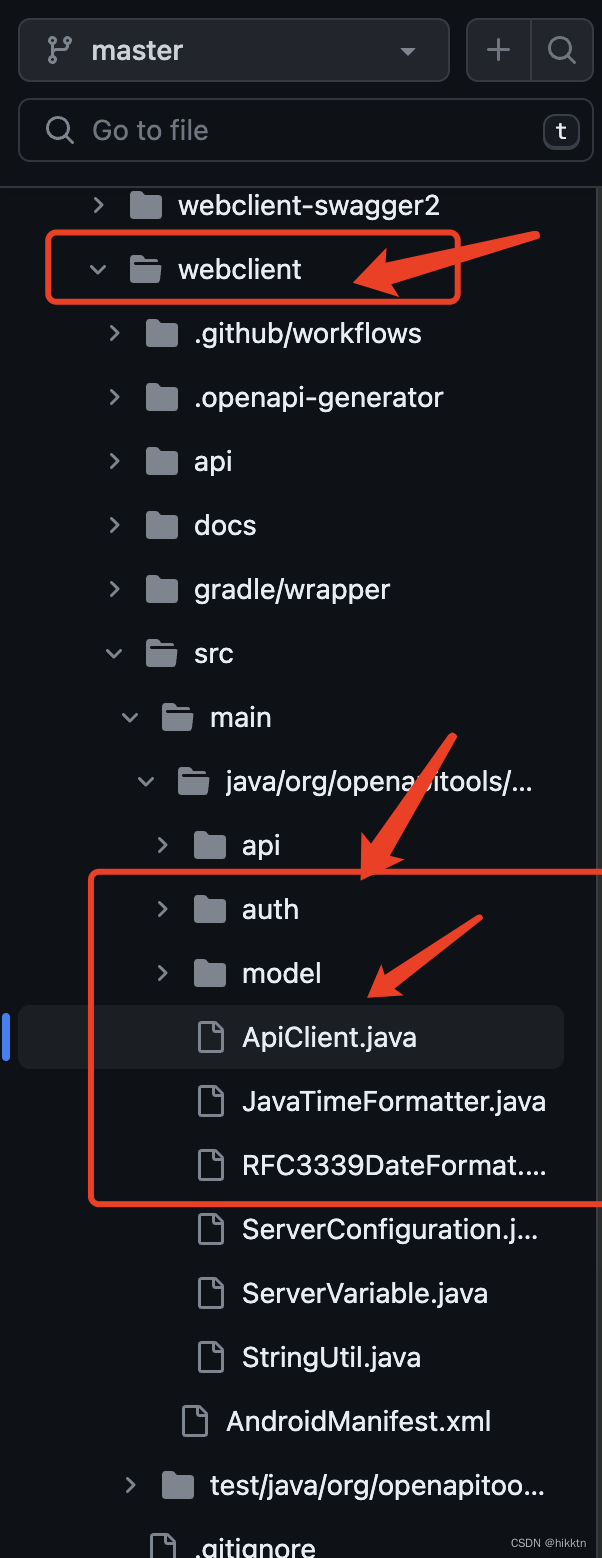
import com.fasterxml.jackson.databind.DeserializationFeature;
import com.fasterxml.jackson.databind.ObjectMapper;
import com.fasterxml.jackson.datatype.jsr310.JavaTimeModule;
import org.springframework.core.ParameterizedTypeReference;
import org.springframework.http.HttpHeaders;
import org.springframework.http.HttpMethod;
import org.springframework.http.InvalidMediaTypeException;
import org.springframework.http.MediaType;
import org.springframework.http.client.reactive.ClientHttpRequest;
import org.springframework.http.codec.json.Jackson2JsonDecoder;
import org.springframework.http.codec.json.Jackson2JsonEncoder;
import org.springframework.util.CollectionUtils;
import org.springframework.util.LinkedMultiValueMap;
import org.springframework.util.MultiValueMap;
import org.springframework.util.StringUtils;
import org.springframework.web.client.RestClientException;
import org.springframework.web.reactive.function.BodyInserter;
import org.springframework.web.reactive.function.BodyInserters;
import org.springframework.web.reactive.function.client.ExchangeStrategies;
import org.springframework.web.reactive.function.client.WebClient;
import org.springframework.web.reactive.function.client.WebClient.ResponseSpec;
import org.springframework.web.util.UriComponentsBuilder;
import javax.annotation.Nullable;
import java.text.DateFormat;
import java.text.ParseException;
import java.time.OffsetDateTime;
import java.util.*;
import java.util.Map.Entry;
@javax.annotation.Generated(value = "org.openapitools.codegen.languages.JavaClientCodegen")
public class ApiClient extends JavaTimeFormatter {
public enum CollectionFormat {
CSV(","), TSV("\t"), SSV(" "), PIPES("|"), MULTI(null);
private final String separator;
private CollectionFormat(String separator) {
this.separator = separator;
}
private String collectionToString(Collection<?> collection) {
return StringUtils.collectionToDelimitedString(collection, separator);
}
}
private static final String URI_TEMPLATE_ATTRIBUTE = WebClient.class.getName() + ".uriTemplate";
private HttpHeaders defaultHeaders = new HttpHeaders();
private MultiValueMap<String, String> defaultCookies = new LinkedMultiValueMap<String, String>();
private String basePath = "https://cloud.memsource.com/web";
private final WebClient webClient;
private final DateFormat dateFormat;
private final ObjectMapper objectMapper;
private Map<String, Authentication> authentications;
public ApiClient() {
this.dateFormat = createDefaultDateFormat();
this.objectMapper = createDefaultObjectMapper(this.dateFormat);
this.webClient = buildWebClient(this.objectMapper);
this.init();
}
public ApiClient(WebClient webClient) {
this(Optional.ofNullable(webClient).orElseGet(() -> buildWebClient()), createDefaultDateFormat());
}
public ApiClient(ObjectMapper mapper, DateFormat format) {
this(buildWebClient(mapper.copy()), format);
}
public ApiClient(WebClient webClient, ObjectMapper mapper, DateFormat format) {
this(Optional.ofNullable(webClient).orElseGet(() -> buildWebClient(mapper.copy())), format);
}
private ApiClient(WebClient webClient, DateFormat format) {
this.webClient = webClient;
this.dateFormat = format;
this.objectMapper = createDefaultObjectMapper(format);
this.init();
}
public static DateFormat createDefaultDateFormat() {
DateFormat dateFormat = new RFC3339DateFormat();
dateFormat.setTimeZone(TimeZone.getTimeZone("UTC"));
return dateFormat;
}
public static ObjectMapper createDefaultObjectMapper(@Nullable DateFormat dateFormat) {
if (null == dateFormat) {
dateFormat = createDefaultDateFormat();
}
ObjectMapper mapper = new ObjectMapper();
mapper.setDateFormat(dateFormat);
mapper.registerModule(new JavaTimeModule());
mapper.configure(DeserializationFeature.FAIL_ON_UNKNOWN_PROPERTIES, false);
return mapper;
}
protected void init() {
// Setup authentications (key: authentication name, value: authentication).
authentications = new HashMap<String, Authentication>();
authentications.put("petstore_auth", new OAuth());
authentications.put("api_key", new ApiKeyAuth("header", "api_key"));
authentications.put("api_key_query", new ApiKeyAuth("query", "api_key_query"));
authentications.put("http_basic_test", new HttpBasicAuth());
authentications.put("bearer_test", new HttpBearerAuth("bearer"));
// Prevent the authentications from being modified.
authentications = Collections.unmodifiableMap(authentications);
}
/**
* Build the WebClientBuilder used to make WebClient.
* @param mapper ObjectMapper used for serialize/deserialize
* @return WebClient
*/
public static WebClient.Builder buildWebClientBuilder(ObjectMapper mapper) {
ExchangeStrategies strategies = ExchangeStrategies
.builder()
.codecs(clientDefaultCodecsConfigurer -> {
clientDefaultCodecsConfigurer.defaultCodecs().jackson2JsonEncoder(new Jackson2JsonEncoder(mapper, MediaType.APPLICATION_JSON));
clientDefaultCodecsConfigurer.defaultCodecs().jackson2JsonDecoder(new Jackson2JsonDecoder(mapper, MediaType.APPLICATION_JSON));
}).build();
WebClient.Builder webClientBuilder = WebClient.builder().exchangeStrategies(strategies);
return webClientBuilder;
}
/**
* Build the WebClientBuilder used to make WebClient.
* @return WebClient
*/
public static WebClient.Builder buildWebClientBuilder() {
return buildWebClientBuilder(createDefaultObjectMapper(null));
}
/**
* Build the WebClient used to make HTTP requests.
* @param mapper ObjectMapper used for serialize/deserialize
* @return WebClient
*/
public static WebClient buildWebClient(ObjectMapper mapper) {
return buildWebClientBuilder(mapper).build();
}
/**
* Build the WebClient used to make HTTP requests.
* @return WebClient
*/
public static WebClient buildWebClient() {
return buildWebClientBuilder(createDefaultObjectMapper(null)).build();
}
/**
* Get the current base path
* @return String the base path
*/
public String getBasePath() {
return basePath;
}
/**
* Set the base path, which should include the host
* @param basePath the base path
* @return ApiClient this client
*/
public ApiClient setBasePath(String basePath) {
this.basePath = basePath;
return this;
}
/**
* Get authentications (key: authentication name, value: authentication).
* @return Map the currently configured authentication types
*/
public Map<String, Authentication> getAuthentications() {
return authentications;
}
/**
* Get authentication for the given name.
*
* @param authName The authentication name
* @return The authentication, null if not found
*/
public Authentication getAuthentication(String authName) {
return authentications.get(authName);
}
/**
* Helper method to set access token for the first Bearer authentication.
* @param bearerToken Bearer token
*/
public void setBearerToken(String bearerToken) {
for (Authentication auth : authentications.values()) {
if (auth instanceof HttpBearerAuth) {
((HttpBearerAuth) auth).setBearerToken(bearerToken);
return;
}
}
throw new RuntimeException("No Bearer authentication configured!");
}
/**
* Helper method to set username for the first HTTP basic authentication.
* @param username the username
*/
public void setUsername(String username) {
for (Authentication auth : authentications.values()) {
if (auth instanceof HttpBasicAuth) {
((HttpBasicAuth) auth).setUsername(username);
return;
}
}
throw new RuntimeException("No HTTP basic authentication configured!");
}
/**
* Helper method to set password for the first HTTP basic authentication.
* @param password the password
*/
public void setPassword(String password) {
for (Authentication auth : authentications.values()) {
if (auth instanceof HttpBasicAuth) {
((HttpBasicAuth) auth).setPassword(password);
return;
}
}
throw new RuntimeException("No HTTP basic authentication configured!");
}
/**
* Helper method to set API key value for the first API key authentication.
* @param apiKey the API key
*/
public void setApiKey(String apiKey) {
for (Authentication auth : authentications.values()) {
if (auth instanceof ApiKeyAuth) {
((ApiKeyAuth) auth).setApiKey(apiKey);
return;
}
}
throw new RuntimeException("No API key authentication configured!");
}
/**
* Helper method to set API key prefix for the first API key authentication.
* @param apiKeyPrefix the API key prefix
*/
public void setApiKeyPrefix(String apiKeyPrefix) {
for (Authentication auth : authentications.values()) {
if (auth instanceof ApiKeyAuth) {
((ApiKeyAuth) auth).setApiKeyPrefix(apiKeyPrefix);
return;
}
}
throw new RuntimeException("No API key authentication configured!");
}
/**
* Helper method to set access token for the first OAuth2 authentication.
* @param accessToken the access token
*/
public void setAccessToken(String accessToken) {
for (Authentication auth : authentications.values()) {
if (auth instanceof OAuth) {
((OAuth) auth).setAccessToken(accessToken);
return;
}
}
throw new RuntimeException("No OAuth2 authentication configured!");
}
/**
* Set the User-Agent header's value (by adding to the default header map).
* @param userAgent the user agent string
* @return ApiClient this client
*/
public ApiClient setUserAgent(String userAgent) {
addDefaultHeader("User-Agent", userAgent);
return this;
}
/**
* Add a default header.
*
* @param name The header's name
* @param value The header's value
* @return ApiClient this client
*/
public ApiClient addDefaultHeader(String name, String value) {
if (defaultHeaders.containsKey(name)) {
defaultHeaders.remove(name);
}
defaultHeaders.add(name, value);
return this;
}
/**
* Add a default cookie.
*
* @param name The cookie's name
* @param value The cookie's value
* @return ApiClient this client
*/
public ApiClient addDefaultCookie(String name, String value) {
if (defaultCookies.containsKey(name)) {
defaultCookies.remove(name);
}
defaultCookies.add(name, value);
return this;
}
/**
* Get the date format used to parse/format date parameters.
* @return DateFormat format
*/
public DateFormat getDateFormat() {
return dateFormat;
}
/**
* Parse the given string into Date object.
*/
public Date parseDate(String str) {
try {
return dateFormat.parse(str);
} catch (ParseException e) {
throw new RuntimeException(e);
}
}
/**
* Format the given Date object into string.
*/
public String formatDate(Date date) {
return dateFormat.format(date);
}
/**
* Get the ObjectMapper used to make HTTP requests.
* @return ObjectMapper objectMapper
*/
public ObjectMapper getObjectMapper() {
return objectMapper;
}
/**
* Get the WebClient used to make HTTP requests.
* @return WebClient webClient
*/
public WebClient getWebClient() {
return webClient;
}
/**
* Format the given parameter object into string.
* @param param the object to convert
* @return String the parameter represented as a String
*/
public String parameterToString(Object param) {
if (param == null) {
return "";
} else if (param instanceof Date) {
return formatDate( (Date) param);
} else if (param instanceof OffsetDateTime) {
return formatOffsetDateTime((OffsetDateTime) param);
} else if (param instanceof Collection) {
StringBuilder b = new StringBuilder();
for(Object o : (Collection<?>) param) {
if(b.length() > 0) {
b.append(",");
}
b.append(String.valueOf(o));
}
return b.toString();
} else {
return String.valueOf(param);
}
}
/**
* Converts a parameter to a {@link MultiValueMap} for use in REST requests
* @param collectionFormat The format to convert to
* @param name The name of the parameter
* @param value The parameter's value
* @return a Map containing the String value(s) of the input parameter
*/
public MultiValueMap<String, String> parameterToMultiValueMap(CollectionFormat collectionFormat, String name, Object value) {
final MultiValueMap<String, String> params = new LinkedMultiValueMap<String, String>();
if (name == null || name.isEmpty() || value == null) {
return params;
}
if(collectionFormat == null) {
collectionFormat = CollectionFormat.CSV;
}
if (value instanceof Map) {
@SuppressWarnings("unchecked")
final Map<String, Object> valuesMap = (Map<String, Object>) value;
for (final Entry<String, Object> entry : valuesMap.entrySet()) {
params.add(entry.getKey(), parameterToString(entry.getValue()));
}
return params;
}
Collection<?> valueCollection = null;
if (value instanceof Collection) {
valueCollection = (Collection<?>) value;
} else {
params.add(name, parameterToString(value));
return params;
}
if (valueCollection.isEmpty()){
return params;
}
if (collectionFormat.equals(CollectionFormat.MULTI)) {
for (Object item : valueCollection) {
params.add(name, parameterToString(item));
}
return params;
}
List<String> values = new ArrayList<String>();
for(Object o : valueCollection) {
values.add(parameterToString(o));
}
params.add(name, collectionFormat.collectionToString(values));
return params;
}
/**
* Check if the given {@code String} is a JSON MIME.
* @param mediaType the input MediaType
* @return boolean true if the MediaType represents JSON, false otherwise
*/
public boolean isJsonMime(String mediaType) {
// "* / *" is default to JSON
if ("*/*".equals(mediaType)) {
return true;
}
try {
return isJsonMime(MediaType.parseMediaType(mediaType));
} catch (InvalidMediaTypeException e) {
}
return false;
}
/**
* Check if the given MIME is a JSON MIME.
* JSON MIME examples:
* application/json
* application/json; charset=UTF8
* APPLICATION/JSON
* @param mediaType the input MediaType
* @return boolean true if the MediaType represents JSON, false otherwise
*/
public boolean isJsonMime(MediaType mediaType) {
return mediaType != null && (MediaType.APPLICATION_JSON.isCompatibleWith(mediaType) || mediaType.getSubtype().matches("^.*(\\+json|ndjson)[;]?\\s*$"));
}
/**
* Check if the given {@code String} is a Problem JSON MIME (RFC-7807).
* @param mediaType the input MediaType
* @return boolean true if the MediaType represents Problem JSON, false otherwise
*/
public boolean isProblemJsonMime(String mediaType) {
return "application/problem+json".equalsIgnoreCase(mediaType);
}
/**
* Select the Accept header's value from the given accepts array:
* if JSON exists in the given array, use it;
* otherwise use all of them (joining into a string)
*
* @param accepts The accepts array to select from
* @return List The list of MediaTypes to use for the Accept header
*/
public List<MediaType> selectHeaderAccept(String[] accepts) {
if (accepts.length == 0) {
return null;
}
for (String accept : accepts) {
MediaType mediaType = MediaType.parseMediaType(accept);
if (isJsonMime(mediaType) && !isProblemJsonMime(accept)) {
return Collections.singletonList(mediaType);
}
}
return MediaType.parseMediaTypes(StringUtils.arrayToCommaDelimitedString(accepts));
}
/**
* Select the Content-Type header's value from the given array:
* if JSON exists in the given array, use it;
* otherwise use the first one of the array.
*
* @param contentTypes The Content-Type array to select from
* @return MediaType The Content-Type header to use. If the given array is empty, null will be returned.
*/
public MediaType selectHeaderContentType(String[] contentTypes) {
if (contentTypes.length == 0) {
return null;
}
for (String contentType : contentTypes) {
MediaType mediaType = MediaType.parseMediaType(contentType);
if (isJsonMime(mediaType)) {
return mediaType;
}
}
return MediaType.parseMediaType(contentTypes[0]);
}
/**
* Select the body to use for the request
* @param obj the body object
* @param formParams the form parameters
* @param contentType the content type of the request
* @return Object the selected body
*/
protected BodyInserter<?, ? super ClientHttpRequest> selectBody(Object obj, MultiValueMap<String, Object> formParams, MediaType contentType) {
if(MediaType.APPLICATION_FORM_URLENCODED.equals(contentType)) {
MultiValueMap<String, String> map = new LinkedMultiValueMap<>();
formParams
.toSingleValueMap()
.entrySet()
.forEach(es -> map.add(es.getKey(), String.valueOf(es.getValue())));
return BodyInserters.fromFormData(map);
} else if(MediaType.MULTIPART_FORM_DATA.equals(contentType)) {
return BodyInserters.fromMultipartData(formParams);
} else {
return obj != null ? BodyInserters.fromValue(obj) : null;
}
}
/**
* Invoke API by sending HTTP request with the given options.
*
* @param <T> the return type to use
* @param path The sub-path of the HTTP URL
* @param method The request method
* @param pathParams The path parameters
* @param queryParams The query parameters
* @param body The request body object
* @param headerParams The header parameters
* @param formParams The form parameters
* @param accept The request's Accept header
* @param contentType The request's Content-Type header
* @param authNames The authentications to apply
* @param returnType The return type into which to deserialize the response
* @return The response body in chosen type
*/
public <T> ResponseSpec invokeAPI(String path, HttpMethod method, Map<String, Object> pathParams, MultiValueMap<String, String> queryParams, Object body, HttpHeaders headerParams, MultiValueMap<String, String> cookieParams, MultiValueMap<String, Object> formParams, List<MediaType> accept, MediaType contentType, String[] authNames, ParameterizedTypeReference<T> returnType) throws RestClientException {
final WebClient.RequestBodySpec requestBuilder = prepareRequest(path, method, pathParams, queryParams, body, headerParams, cookieParams, formParams, accept, contentType, authNames);
return requestBuilder.retrieve();
}
/**
* Include queryParams in uriParams taking into account the paramName
* @param queryParams The query parameters
* @param uriParams The path parameters
* return templatized query string
*/
private String generateQueryUri(MultiValueMap<String, String> queryParams, Map<String, Object> uriParams) {
StringBuilder queryBuilder = new StringBuilder();
queryParams.forEach((name, values) -> {
if (CollectionUtils.isEmpty(values)) {
if (queryBuilder.length() != 0) {
queryBuilder.append('&');
}
queryBuilder.append(name);
} else {
int valueItemCounter = 0;
for (Object value : values) {
if (queryBuilder.length() != 0) {
queryBuilder.append('&');
}
queryBuilder.append(name);
if (value != null) {
String templatizedKey = name + valueItemCounter++;
uriParams.put(templatizedKey, value.toString());
queryBuilder.append('=').append("{").append(templatizedKey).append("}");
}
}
}
});
return queryBuilder.toString();
}
private WebClient.RequestBodySpec prepareRequest(String path, HttpMethod method, Map<String, Object> pathParams,
MultiValueMap<String, String> queryParams, Object body, HttpHeaders headerParams,
MultiValueMap<String, String> cookieParams, MultiValueMap<String, Object> formParams, List<MediaType> accept,
MediaType contentType, String[] authNames) {
updateParamsForAuth(authNames, queryParams, headerParams, cookieParams);
final UriComponentsBuilder builder = UriComponentsBuilder.fromHttpUrl(basePath).path(path);
String finalUri = builder.build(false).toUriString();
Map<String, Object> uriParams = new HashMap<>();
uriParams.putAll(pathParams);
if (queryParams != null && !queryParams.isEmpty()) {
//Include queryParams in uriParams taking into account the paramName
String queryUri = generateQueryUri(queryParams, uriParams);
//Append to finalUri the templatized query string like "?param1={param1Value}&.......
finalUri += "?" + queryUri;
}
final WebClient.RequestBodySpec requestBuilder = webClient.method(method).uri(finalUri, uriParams);
if (accept != null) {
requestBuilder.accept(accept.toArray(new MediaType[accept.size()]));
}
if(contentType != null) {
requestBuilder.contentType(contentType);
}
addHeadersToRequest(headerParams, requestBuilder);
addHeadersToRequest(defaultHeaders, requestBuilder);
addCookiesToRequest(cookieParams, requestBuilder);
addCookiesToRequest(defaultCookies, requestBuilder);
requestBuilder.attribute(URI_TEMPLATE_ATTRIBUTE, path);
requestBuilder.body(selectBody(body, formParams, contentType));
return requestBuilder;
}
/**
* Add headers to the request that is being built
* @param headers The headers to add
* @param requestBuilder The current request
*/
protected void addHeadersToRequest(HttpHeaders headers, WebClient.RequestBodySpec requestBuilder) {
for (Entry<String, List<String>> entry : headers.entrySet()) {
List<String> values = entry.getValue();
for(String value : values) {
if (value != null) {
requestBuilder.header(entry.getKey(), value);
}
}
}
}
/**
* Add cookies to the request that is being built
* @param cookies The cookies to add
* @param requestBuilder The current request
*/
protected void addCookiesToRequest(MultiValueMap<String, String> cookies, WebClient.RequestBodySpec requestBuilder) {
for (Entry<String, List<String>> entry : cookies.entrySet()) {
List<String> values = entry.getValue();
for(String value : values) {
if (value != null) {
requestBuilder.cookie(entry.getKey(), value);
}
}
}
}
/**
* Update query and header parameters based on authentication settings.
*
* @param authNames The authentications to apply
* @param queryParams The query parameters
* @param headerParams The header parameters
* @param cookieParams the cookie parameters
*/
protected void updateParamsForAuth(String[] authNames, MultiValueMap<String, String> queryParams, HttpHeaders headerParams, MultiValueMap<String, String> cookieParams) {
for (String authName : authNames) {
Authentication auth = authentications.get(authName);
if (auth == null) {
throw new RestClientException("Authentication undefined: " + authName);
}
auth.applyToParams(queryParams, headerParams, cookieParams);
}
}
/**
* Formats the specified collection path parameter to a string value.
*
* @param collectionFormat The collection format of the parameter.
* @param values The values of the parameter.
* @return String representation of the parameter
*/
public String collectionPathParameterToString(CollectionFormat collectionFormat, Collection<?> values) {
// create the value based on the collection format
if (CollectionFormat.MULTI.equals(collectionFormat)) {
// not valid for path params
return parameterToString(values);
}
// collectionFormat is assumed to be "csv" by default
if(collectionFormat == null) {
collectionFormat = CollectionFormat.CSV;
}
return collectionFormat.collectionToString(values);
}
}
import org.springframework.http.HttpHeaders;
import org.springframework.util.MultiValueMap;
@javax.annotation.Generated(value = "org.openapitools.codegen.languages.JavaClientCodegen")
public class ApiKeyAuth implements Authentication {
private final String location;
private final String paramName;
private String apiKey;
private String apiKeyPrefix;
public ApiKeyAuth(String location, String paramName) {
this.location = location;
this.paramName = paramName;
}
public String getLocation() {
return location;
}
public String getParamName() {
return paramName;
}
public String getApiKey() {
return apiKey;
}
public void setApiKey(String apiKey) {
this.apiKey = apiKey;
}
public String getApiKeyPrefix() {
return apiKeyPrefix;
}
public void setApiKeyPrefix(String apiKeyPrefix) {
this.apiKeyPrefix = apiKeyPrefix;
}
@Override
public void applyToParams(MultiValueMap<String, String> queryParams, HttpHeaders headerParams, MultiValueMap<String, String> cookieParams) {
if (apiKey == null) {
return;
}
String value;
if (apiKeyPrefix != null) {
value = apiKeyPrefix + " " + apiKey;
} else {
value = apiKey;
}
if (location.equals("query")) {
queryParams.add(paramName, value);
} else if (location.equals("header")) {
headerParams.add(paramName, value);
} else if (location.equals("cookie")) {
cookieParams.add(paramName, value);
}
}
}
public interface Authentication {
/**
* Apply authentication settings to header and / or query parameters.
* @param queryParams The query parameters for the request
* @param headerParams The header parameters for the request
* @param cookieParams The cookie parameters for the request
*/
public void applyToParams(MultiValueMap<String, String> queryParams, HttpHeaders headerParams, MultiValueMap<String, String> cookieParams);
}
import org.springframework.http.HttpHeaders;
import org.springframework.util.MultiValueMap;
import java.nio.charset.StandardCharsets;
import java.util.Base64;
@javax.annotation.Generated(value = "org.openapitools.codegen.languages.JavaClientCodegen")
public class HttpBasicAuth implements Authentication {
private String username;
private String password;
public String getUsername() {
return username;
}
public void setUsername(String username) {
this.username = username;
}
public String getPassword() {
return password;
}
public void setPassword(String password) {
this.password = password;
}
@Override
public void applyToParams(MultiValueMap<String, String> queryParams, HttpHeaders headerParams, MultiValueMap<String, String> cookieParams) {
if (username == null && password == null) {
return;
}
String str = (username == null ? "" : username) + ":" + (password == null ? "" : password);
headerParams.add(HttpHeaders.AUTHORIZATION, "Basic " + Base64.getEncoder().encodeToString(str.getBytes(StandardCharsets.UTF_8)));
}
}
import org.springframework.http.HttpHeaders;
import org.springframework.util.MultiValueMap;
@javax.annotation.Generated(value = "org.openapitools.codegen.languages.JavaClientCodegen")
public class HttpBearerAuth implements Authentication {
private final String scheme;
private String bearerToken;
public HttpBearerAuth(String scheme) {
this.scheme = scheme;
}
public String getBearerToken() {
return bearerToken;
}
public void setBearerToken(String bearerToken) {
this.bearerToken = bearerToken;
}
@Override
public void applyToParams(MultiValueMap<String, String> queryParams, HttpHeaders headerParams, MultiValueMap<String, String> cookieParams) {
if (bearerToken == null) {
return;
}
headerParams.add(HttpHeaders.AUTHORIZATION, (scheme != null ? upperCaseBearer(scheme) + " " : "") + bearerToken);
}
private static String upperCaseBearer(String scheme) {
return ("bearer".equalsIgnoreCase(scheme)) ? "Bearer" : scheme;
}
}
import java.time.OffsetDateTime;
import java.time.format.DateTimeFormatter;
import java.time.format.DateTimeParseException;
/**
* Class that add parsing/formatting support for Java 8+ {@code OffsetDateTime} class.
* It's generated for java clients when {@code AbstractJavaCodegen#dateLibrary} specified as {@code java8}.
*/
@javax.annotation.Generated(value = "org.openapitools.codegen.languages.JavaClientCodegen")
public class JavaTimeFormatter {
private DateTimeFormatter offsetDateTimeFormatter = DateTimeFormatter.ISO_OFFSET_DATE_TIME;
/**
* Get the date format used to parse/format {@code OffsetDateTime} parameters.
* @return DateTimeFormatter
*/
public DateTimeFormatter getOffsetDateTimeFormatter() {
return offsetDateTimeFormatter;
}
/**
* Set the date format used to parse/format {@code OffsetDateTime} parameters.
* @param offsetDateTimeFormatter {@code DateTimeFormatter}
*/
public void setOffsetDateTimeFormatter(DateTimeFormatter offsetDateTimeFormatter) {
this.offsetDateTimeFormatter = offsetDateTimeFormatter;
}
/**
* Parse the given string into {@code OffsetDateTime} object.
* @param str String
* @return {@code OffsetDateTime}
*/
public OffsetDateTime parseOffsetDateTime(String str) {
try {
return OffsetDateTime.parse(str, offsetDateTimeFormatter);
} catch (DateTimeParseException e) {
throw new RuntimeException(e);
}
}
/**
* Format the given {@code OffsetDateTime} object into string.
* @param offsetDateTime {@code OffsetDateTime}
* @return {@code OffsetDateTime} in string format
*/
public String formatOffsetDateTime(OffsetDateTime offsetDateTime) {
return offsetDateTimeFormatter.format(offsetDateTime);
}
}
import org.springframework.http.HttpHeaders;
import org.springframework.util.MultiValueMap;
@javax.annotation.Generated(value = "org.openapitools.codegen.languages.JavaClientCodegen")
public class OAuth implements Authentication {
private String accessToken;
public String getAccessToken() {
return accessToken;
}
public void setAccessToken(String accessToken) {
this.accessToken = accessToken;
}
@Override
public void applyToParams(MultiValueMap<String, String> queryParams, HttpHeaders headerParams, MultiValueMap<String, String> cookieParams) {
if (accessToken != null) {
headerParams.add(HttpHeaders.AUTHORIZATION, "Bearer " + accessToken);
}
}
}
@javax.annotation.Generated(value = "org.openapitools.codegen.languages.JavaClientCodegen")
public class Pair {
private String name = "";
private String value = "";
public Pair (String name, String value) {
setName(name);
setValue(value);
}
private void setName(String name) {
if (!isValidString(name)) {
return;
}
this.name = name;
}
private void setValue(String value) {
if (!isValidString(value)) {
return;
}
this.value = value;
}
public String getName() {
return this.name;
}
public String getValue() {
return this.value;
}
private boolean isValidString(String arg) {
if (arg == null) {
return false;
}
return true;
}
}
import com.fasterxml.jackson.databind.util.StdDateFormat;
import java.text.DateFormat;
import java.text.FieldPosition;
import java.text.ParsePosition;
import java.util.Date;
import java.text.DecimalFormat;
import java.util.GregorianCalendar;
import java.util.TimeZone;
public class RFC3339DateFormat extends DateFormat {
private static final long serialVersionUID = 1L;
private static final TimeZone TIMEZONE_Z = TimeZone.getTimeZone("UTC");
private final StdDateFormat fmt = new StdDateFormat()
.withTimeZone(TIMEZONE_Z)
.withColonInTimeZone(true);
public RFC3339DateFormat() {
this.calendar = new GregorianCalendar();
this.numberFormat = new DecimalFormat();
}
@Override
public Date parse(String source) {
return parse(source, new ParsePosition(0));
}
@Override
public Date parse(String source, ParsePosition pos) {
return fmt.parse(source, pos);
}
@Override
public StringBuffer format(Date date, StringBuffer toAppendTo, FieldPosition fieldPosition) {
return fmt.format(date, toAppendTo, fieldPosition);
}
@Override
public Object clone() {
return super.clone();
}
}
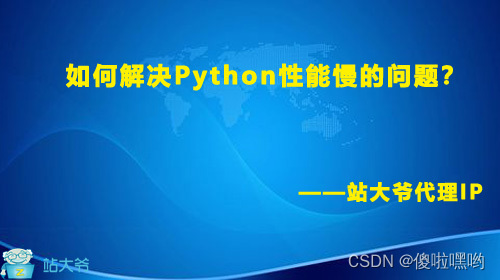
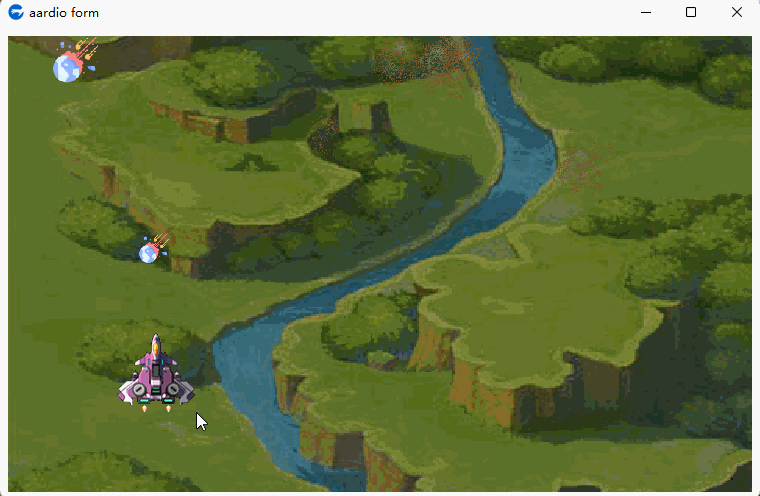
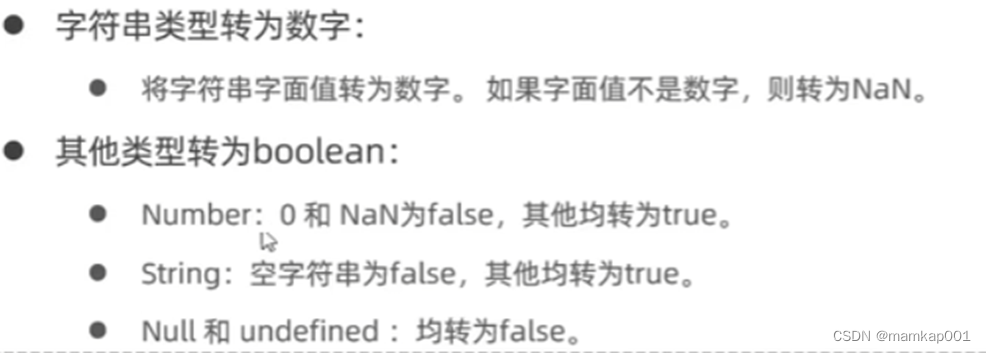
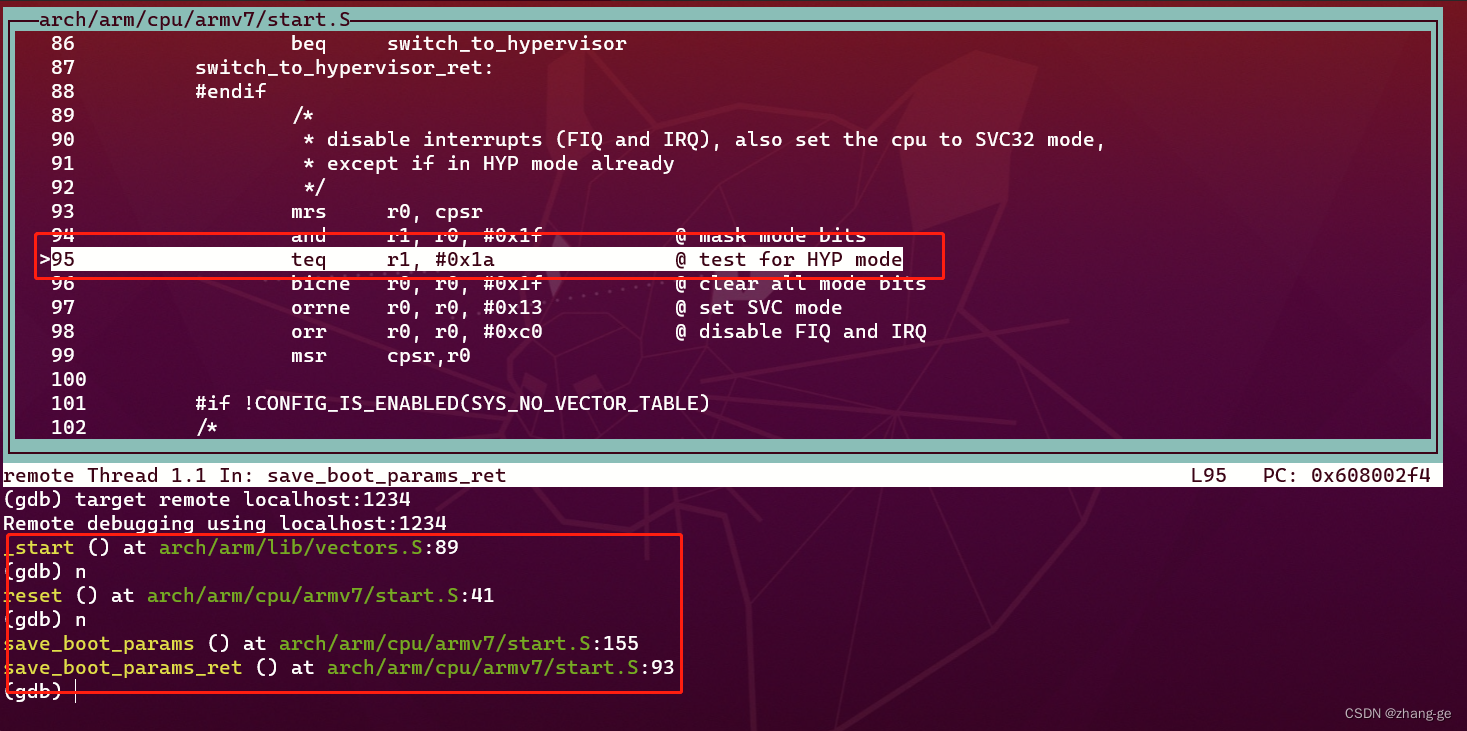
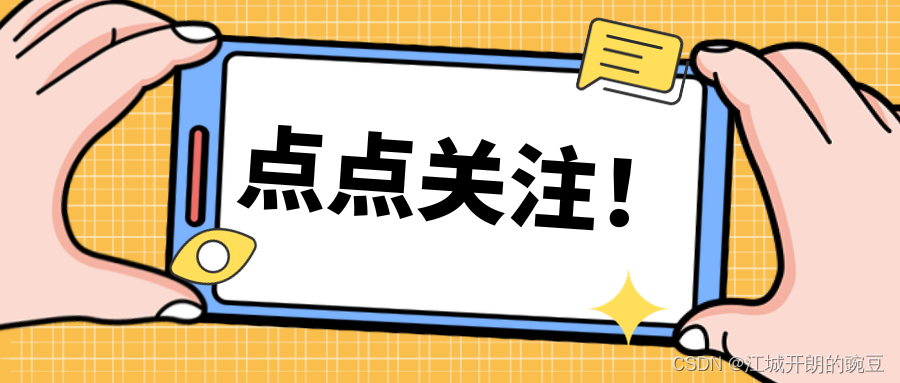
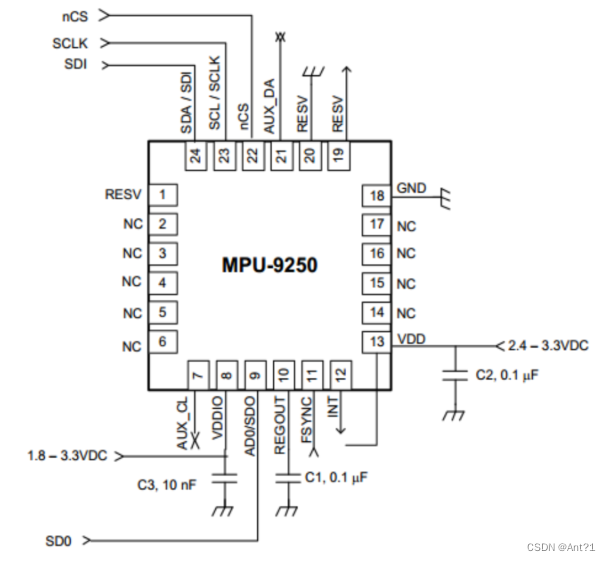


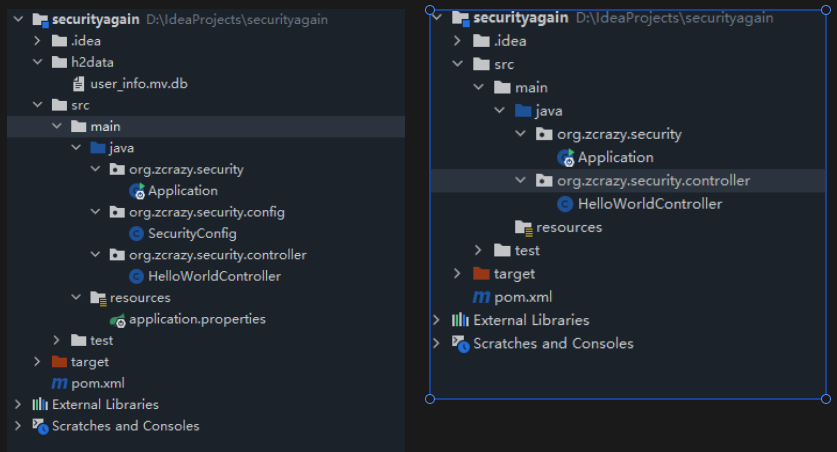
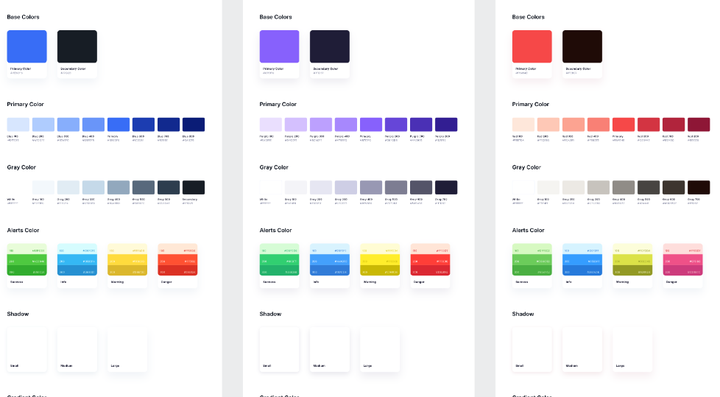
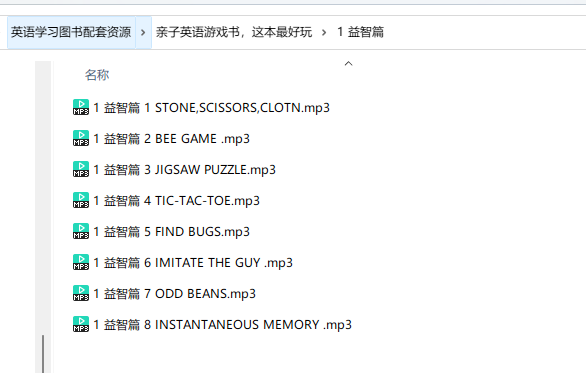

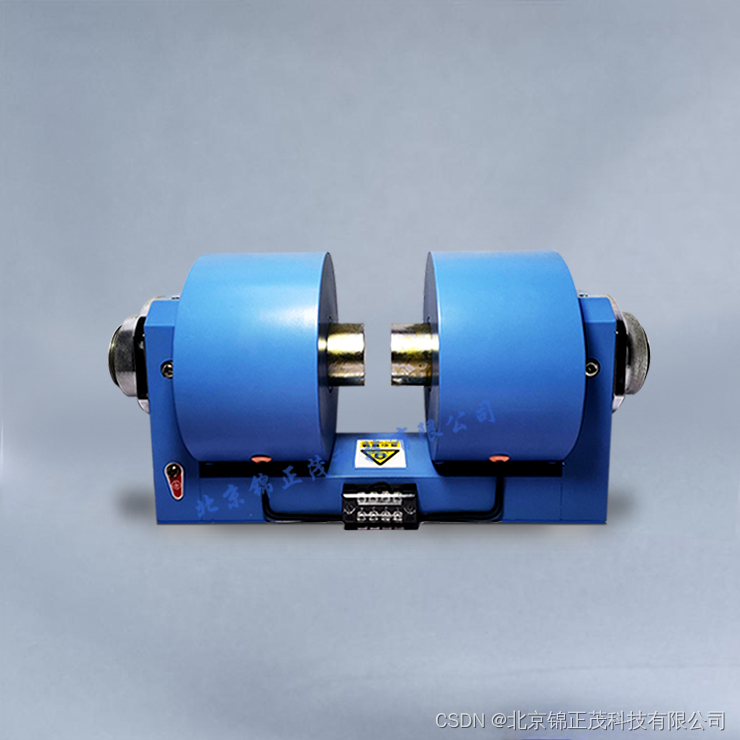
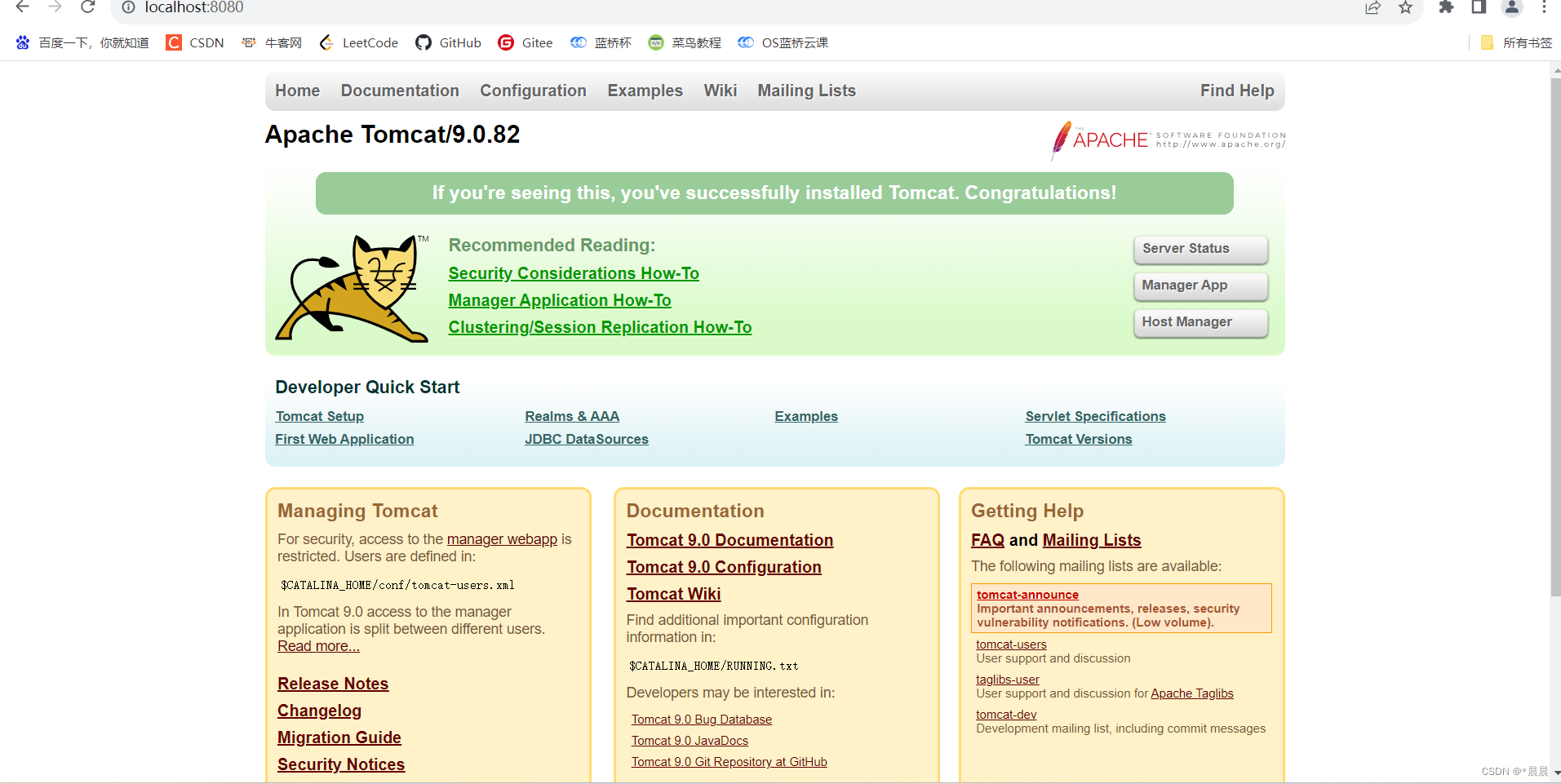

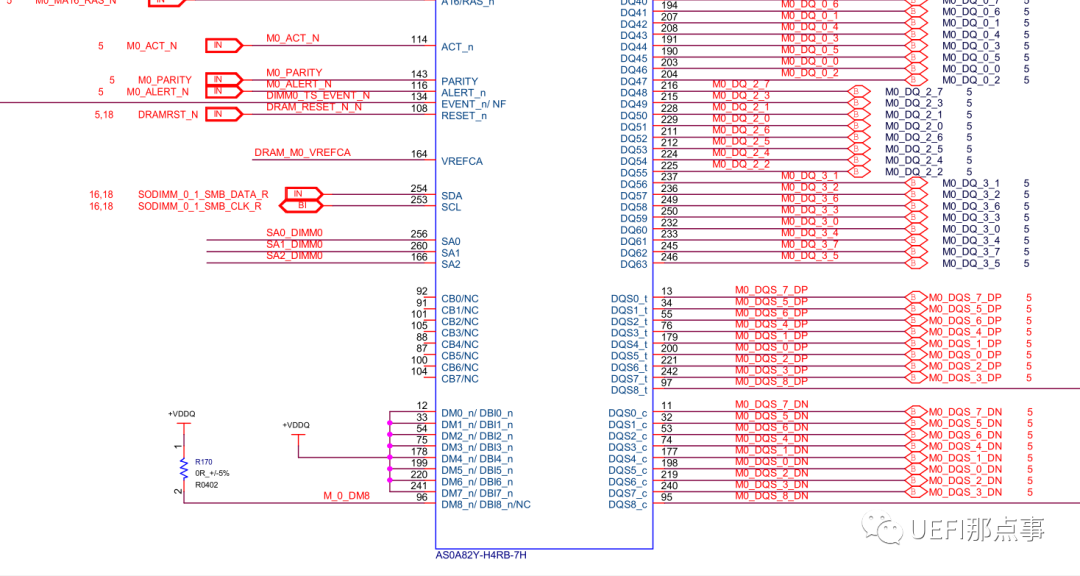
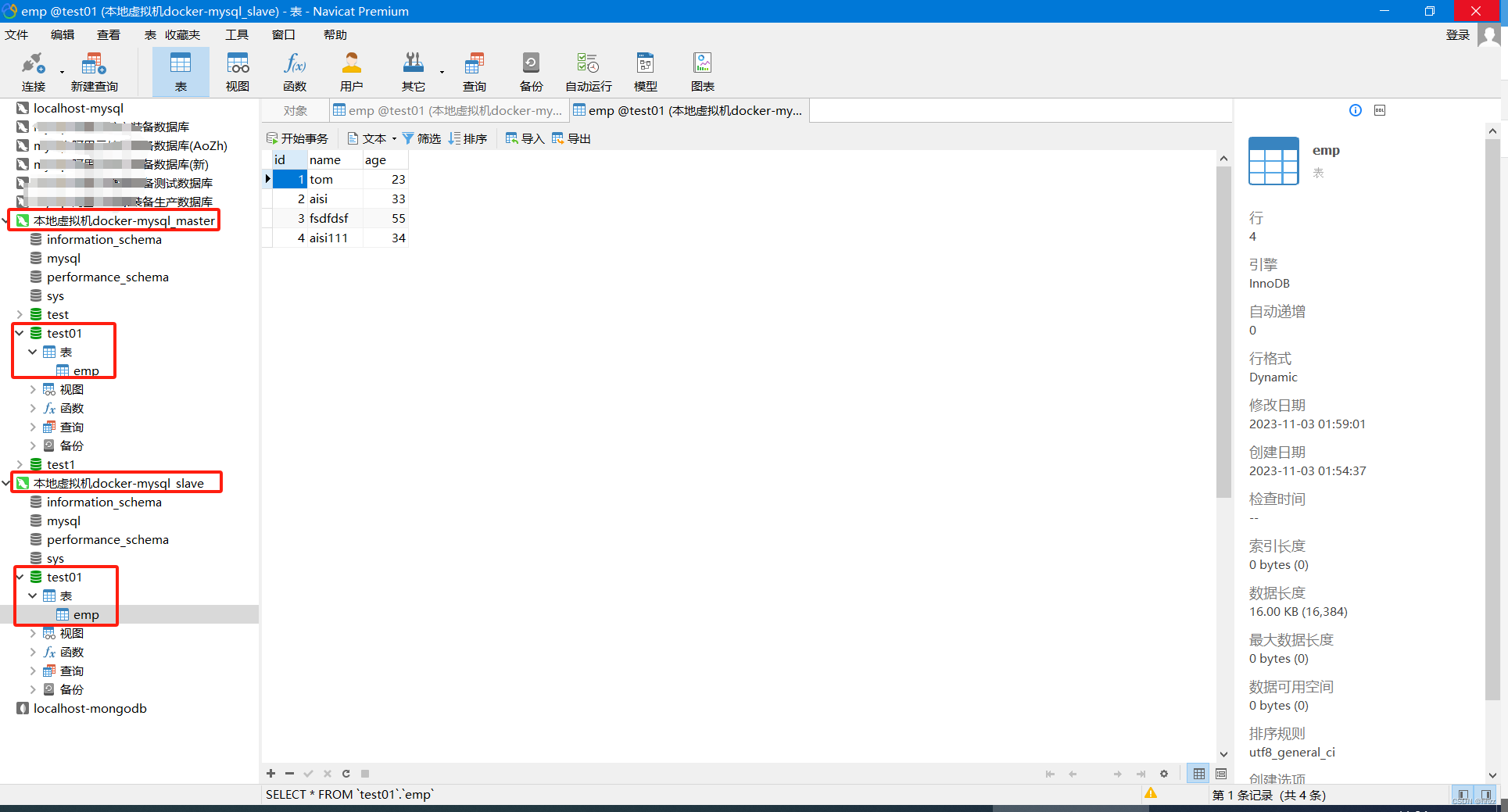

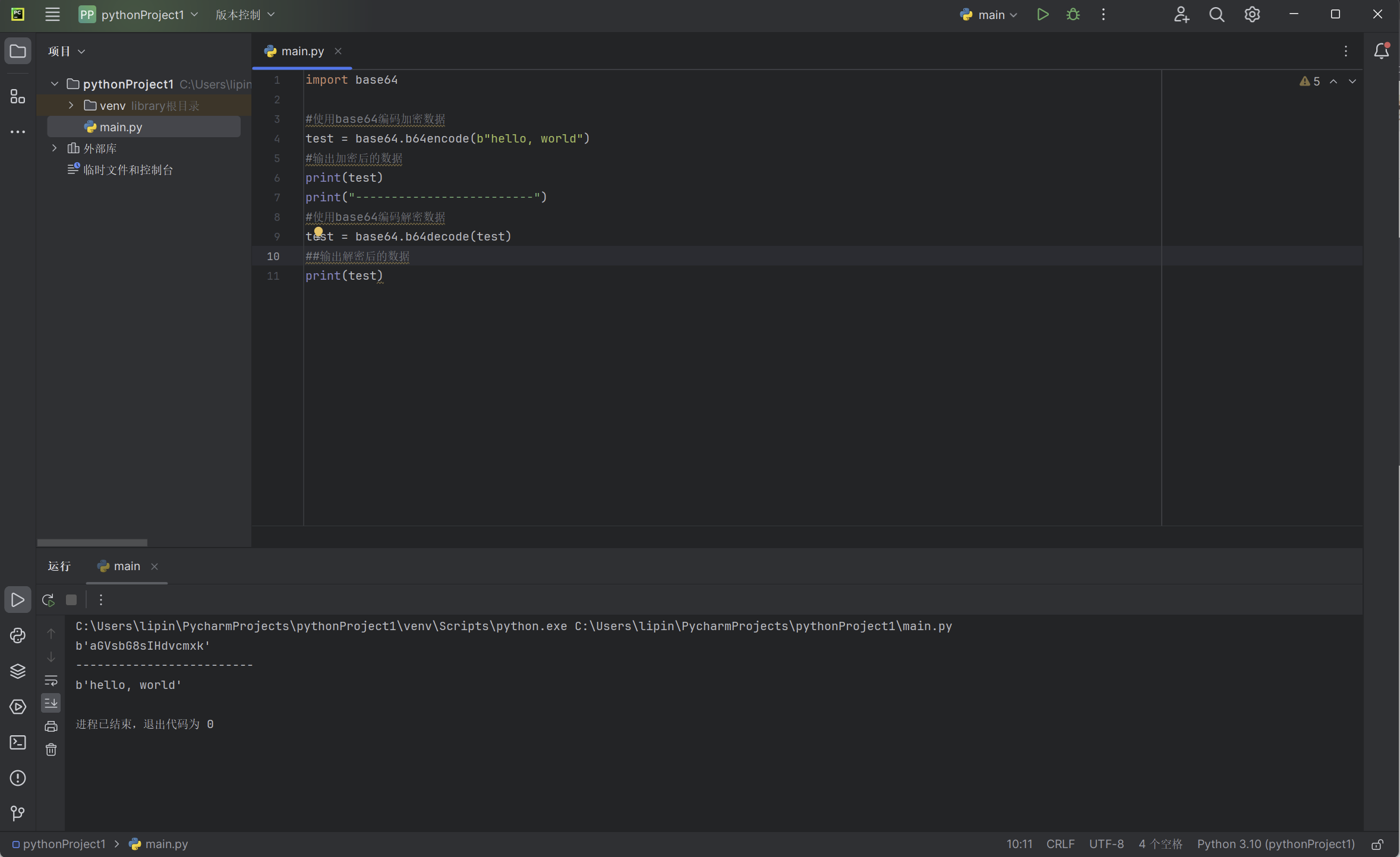
![[PyTorch][chapter 61][强化学习-免模型学习1]](https://img-blog.csdnimg.cn/6f2bef8883cb47ce9348c851a8c44733.png)